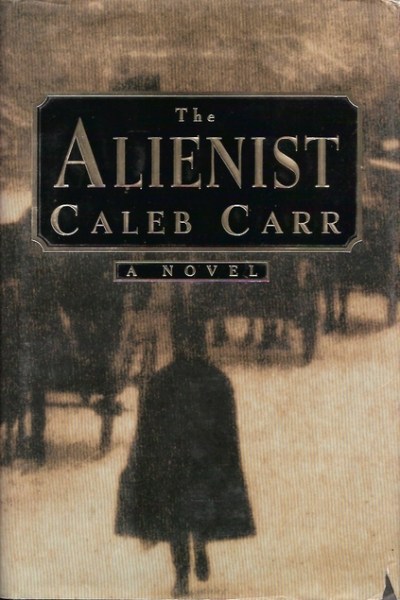 Disjunction
Disjunction
Noun.
1: a sharp cleavage: Disunion, Separation <the disjunction between theory and practice>.
2: a compound sentence in logic formed by joining two statements by or: a: inclusive disjunction b: exclusive disjunction.
[Origin: disjunccioun, from Old French disjunction (13c.) or directly from Latin disjunctionem “separation,” noun of action from past participle stem of disjungere.]
(1350-1400.)
” ‘No, Omega, Ariane. She killed one of the guards.’ ‘Good Lord. When?’ ‘Ten months ago. Disjunction – followed by escape.’ ” – This Night’s Foul Work, Fred Vargas.












